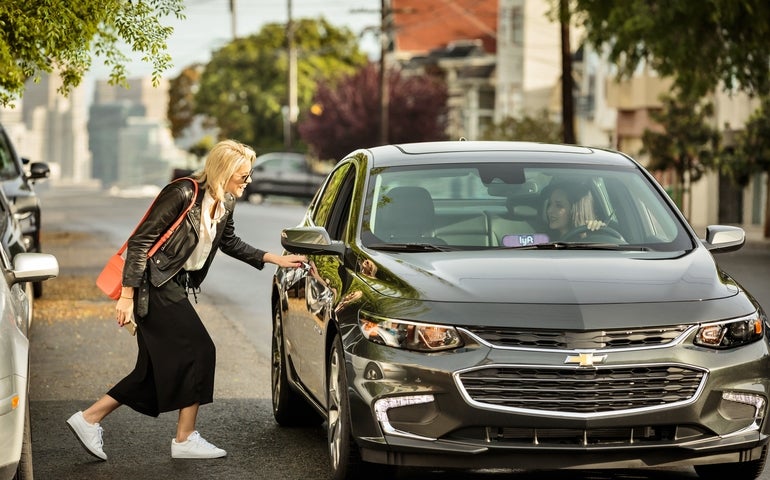Worcester saw a 49% growth of rideshares started in the city in 2018, but the city ranked behind other less populous areas in total rides and rides per capita despite being the second largest city in the state, according to data compiled by state officials.
According to a Massachusetts Department of Public Utilities report on rideshare data from companies like Uber and Lyft released Thursday, Worcester had 1,266,401 rides start in the city and 1,230,423 end in the city last year, good for sixth and seventh, respectively.
No municipality has a chance of catching Boston, where the commuter-heavy city saw saw 42.2 million rides started and 42.3 million rides end in the city last year. The next closest was Cambridge with 7.8 million and 7.6 million, respectively.
Worcester’s numbers fare worse when analyzed per person: 6.99 rides started per person and 6.8 rides ended per person, behind 32 other municipalities, most of which are less populous.
Cambridge led the way in both categories with 74.43 rides started per person and 71.87 rides ended, followed closely by Boston with 68.33 and 68.56, respectively.
Of the 1,266,401 trips started in Worcester, 83.18% also ended in Worcester. Of the 1,230,423 that ended in Worcester, 85.61% were within Worcester.
Statewide, there were about 81.3 million rides in Massachusetts, a 25% increase from 2017.
By way of comparison, there were 397.7 million public transit rides in 2018.
In Worcester, fees on rideshares collected by the state and distributed to the city totaled just under $85,000 and were spent to install and improve pedestrian traffic signals, according to the DPU.

